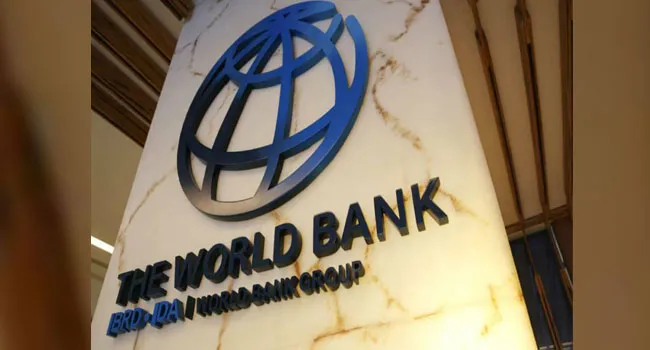In a significant shift within Nigeria’s banking landscape, institutions are now actively persuading their customers to convert the foreign currencies held in their branches into naira. This move, as uncovered by “The Nation,” has seen banks adopting innovative platforms to inform their customers about the process and benefits of converting dollar deposits in domiciliary accounts to the local currency.
One method employed by the banks to communicate this new service is through direct messaging. According to an SMS sent to customers, the process of converting U.S. dollars to naira via the internet banking platform is highlighted for its efficiency and immediacy, “It is as instant as a regular transfer between accounts. The service is available between 9am to 4pm Mondays to Fridays, excluding public holidays,” the SMS detailed, guiding customers to the “FX transaction portal” for executing these conversions.
However, the rates offered by the banks for these transactions have raised eyebrows. Despite claims of competitiveness, one bank set the transaction rate at N1,450 to the dollar, noticeably lower than the prevailing N1,510/$ rate observed in the black market.
In an official comment, a staff member from the Central Bank of Nigeria (CBN) confirmed the banks’ proactive engagement with domiciliary account holders, emphasizing the non-mandatory nature of this initiative from the CBN’s standpoint. “Yes, it is true that banks may contact customers who have domiciliary accounts and recommend converting their foreign currency to naira. However, it is important to note that this is not a mandatory directive from the Central Bank of Nigeria (CBN). Rather, it is simply a service being offered by the banks,” the CBN representative stated.
The CBN official further elaborated on the potential benefits of conducting these transactions through official channels, “Currently, the official exchange rate for selling foreign currency is actually higher than the black market rate. Therefore, converting through your bank could be a beneficial option. Having more foreign currency flow through official channels will help to stabilize the market and boost the economy.”
A commercial bank official also shed light on the operational dynamics of this currency conversion process, clarifying the bank’s role in facilitating these transactions upon customer request. “We will not be the one to initiate that move but if we have customers who may have inflows and want to sell, what we will do is to tell the customer to write an instruction that I have so and so amount inflow, please sell at the prevailing rate,” the official explained. This statement underscores the banks’ adherence to a customer-driven approach, reinforcing the principle of “willing buyer, willing seller” in the execution of these transactions.





